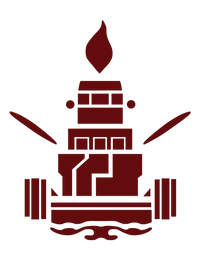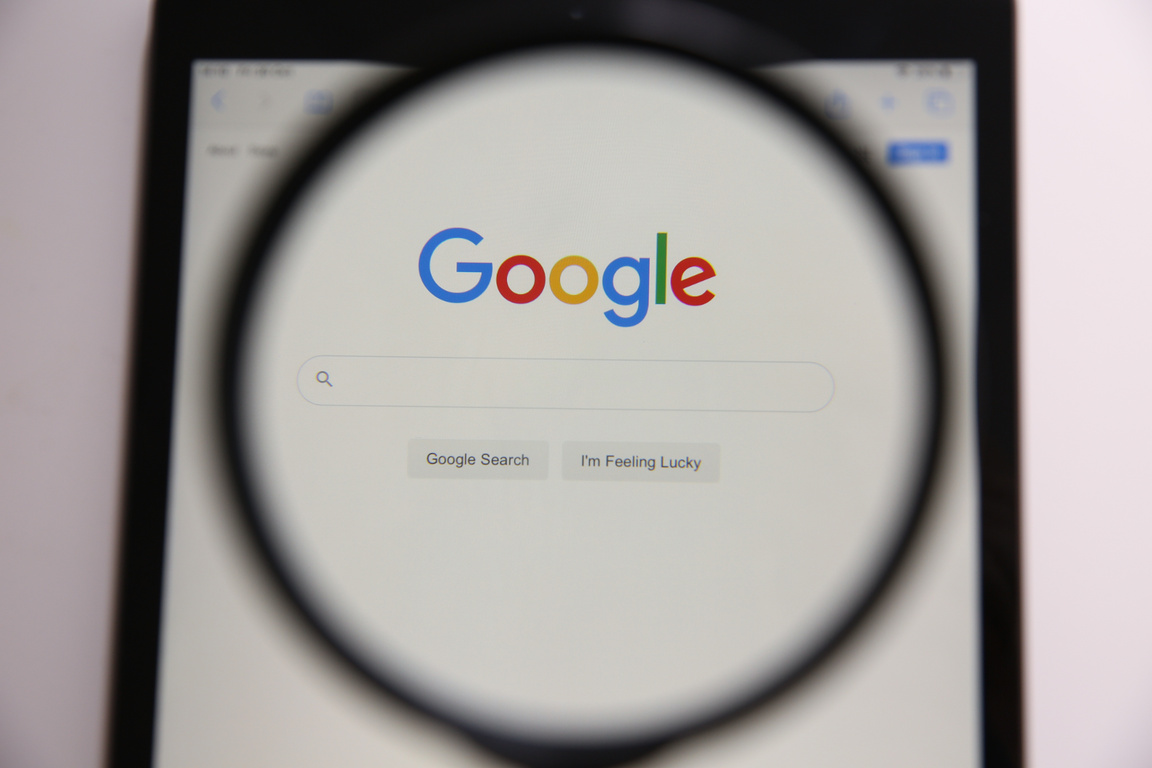THE RESEARCH PROCESS
THE RESEARCH PROCESS
Becoming an effective researcher takes practice. The more you do it the more efficient you become. With practice, you are able to locate quality sources, evaluate them, and synthesize your findings into your work. Great researchers think critically about information.
There is no one way to conduct research, but there are research steps that can help make an overwhelming process seem more manageable. The Porter Research Center will break down these steps and provide you with resources and information to help you become an effective researcher.
PLAN - SEARCH
EVALUATE - CITE
Introduction to the Research Process - Bloomsbury/ABC-CLIO
1.PLAN
This is one of the most overlooked parts of the research process. We often jump to searching. However, if you plan your research effectively, it makes every other step much easier and more efficient. It doesn’t mean your plan won’t shift in the course of your research, but if you create a plan, making adjustments will be much simpler.
2.SEARCH
Sometimes searching for the information you need is simple. Other times, as is often the case in academic research, it requires a little more skill.
Use a variety of search strategies whether you are looking for information on Google or the academic databases.
Google Tips Video
3.EVALUATE
It is essential that you evaluate the information you find regardless of where it comes from. When we evaluate our sources, we are looking for currency, relevance, accuracy, authority, and purpose.
Our sources are the evidence or data we use to support our claims. The stronger our sources, the stronger our arguments or claims become.
4.CITE
The main thing to consider when it comes to citations is why we do it. Sure, we cite our sources to avoid plagiarism but also to provide other researchers a trail of information. This helps to ensure ideas generated by your research continue to fuel additional research on the topic.
In-Text Citations Infographic
Featured Content

Contact Information
Need research help? Contact the Port. We are here to help.
Phone Number
East: 815-588-8447
Central: 815-588-8677
Email Address
East: jkrohn@lths.org
Central: kconway@lths.org



